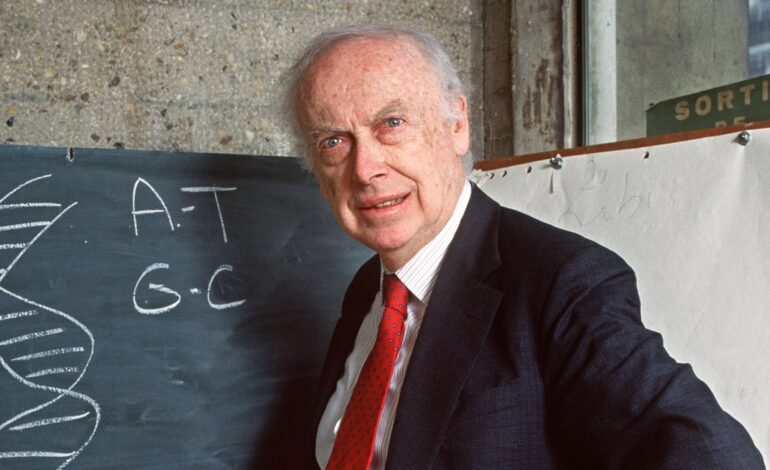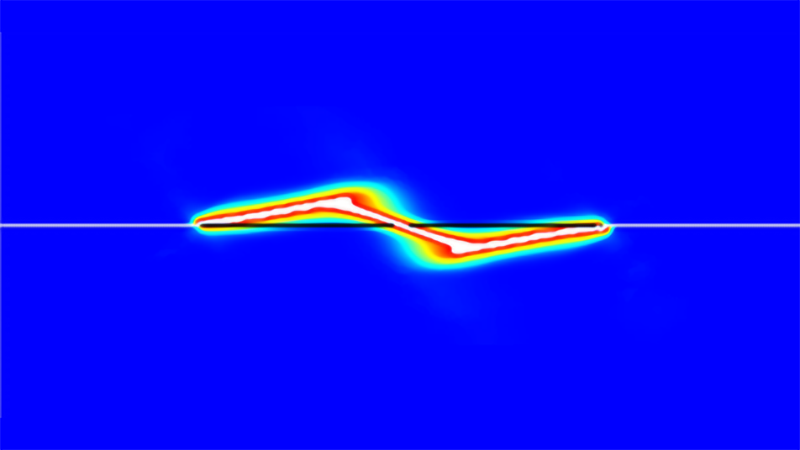James Watson, Co-Discoverer of DNA Structure, Dies at 97

James Dewey Watson, the renowned scientist who co-discovered the structure of DNA, has passed away at the age of 97. His son, Duncan Watson, confirmed that his father died in a hospice on Long Island, New York, on Thursday. Watson’s pivotal work in unveiling the double helix structure of DNA alongside Francis H.C. Crick earned both men the prestigious Nobel Prize in Medicine and Physiology in 1962.
A Life Marked by Controversy and Achievement
At just 25 years old, Watson played a significant role in one of the most important scientific breakthroughs of the 20th century. The discovery of DNA’s twisted-ladder structure has been hailed as a monumental achievement in the understanding of genetic information. In 1968, Watson published his memoir, The Double Helix, which chronicled the process of decoding the genetic blueprint. Although the book is celebrated for its insight into the scientific process, it has faced criticism from colleagues who argue that Watson exaggerated his contributions and downplayed the roles of others.
Watson’s legacy is further complicated by his controversial views and statements. He has faced widespread condemnation for espousing racist ideologies. In an interview with The Sunday Times in 2007, he infamously asserted that Black people were less intelligent than white people, a claim that sparked outrage and led to significant backlash from the scientific community and the public alike.
Contributions to Genetic Research
Beyond his work on DNA, Watson was instrumental in initiating the Human Genome Project, an international effort aimed at mapping the individual genes of human DNA. This project is recognized as a landmark achievement in genetics, enhancing our understanding of human biology and opening new avenues for medical research and treatment.
Throughout his career, Watson’s work has had a profound impact on the field of genetics and molecular biology. His discoveries laid the groundwork for advancements in areas such as genetic engineering, biotechnology, and personalized medicine. Despite the controversies surrounding his views, his contributions to science remain significant.
Watson’s passing marks the end of an era in molecular genetics. His achievements and controversies will continue to influence discussions in scientific communities and beyond. As the world reflects on his life, the duality of his legacy as both a pioneering scientist and a polarizing figure will undoubtedly provoke ongoing debate.






